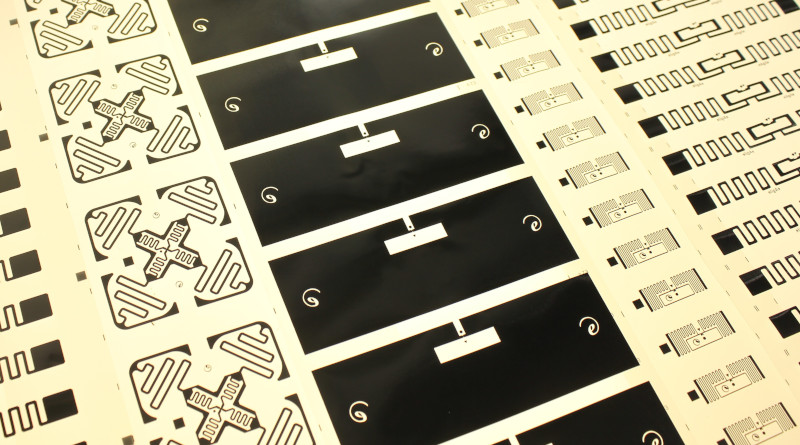Functional solutions for a circular economy
CCL Label Hall C2 – Booth 358
CCL Label, a leader in speciality label, security and packaging solutions, will present label and packaging solutions that support a circular economy and re-use schemes. The focus is on developments that can increase recycling rates, enable larger-scale refill systems, reduce CO2 emissions – and at the same time help brands stand out on the shelf.
Among the exhibits on display is EcoFloat WHITE, a new generation of floatable polyolefin sleeves which enables opaque HDPE or PET to be switched to transparent PET for yogurt, protein drinks, probiotic beverages, or other light-sensitive products. The light protection barrier is moved from the bottle to the sleeve, and carbon-free inks are claimed to optimise the PET recycling process. Bottles retain their familiar white look but are compliant with “design for recycling” standards.
Low temperature WashOff for refPET
With Low Temp WashOff, CCL brings its proven WashOff technology for returnable glass to the reusable PET (refPET) market. The labels detach cleanly during washing at temperatures starting from 58°C and shrink to support the removal process, delivering increased line efficiency and attractive product presentation.
Plant-based & PCR labels
CCL’s EcoSource BIO are labels made from plant-based materials, using ISCC certified mass balance or direct origin sources. It is claimed to result in a reduced carbon footprint without compromising performance or recyclability. EcoSource PCR are labels containing ≥30% recycled content from post-consumer materials (e.g. household waste streams). They are available in both permanent and WashOff versions.
Reuse systems with RFID & eAgile IT
CCL is also presenting complete solutions for reusable packaging systems: labels with integrated RFID technology that can be applied to each reusable container, enabling seamless digital tracking throughout the entire supply chain. The eAgile platform links each packaging unit to a unique digital identity – allowing for real-time monitoring and management of cycles, locations, and conditions. This aims to make reuse not only more sustainable but also economically efficient and transparently scalable.

